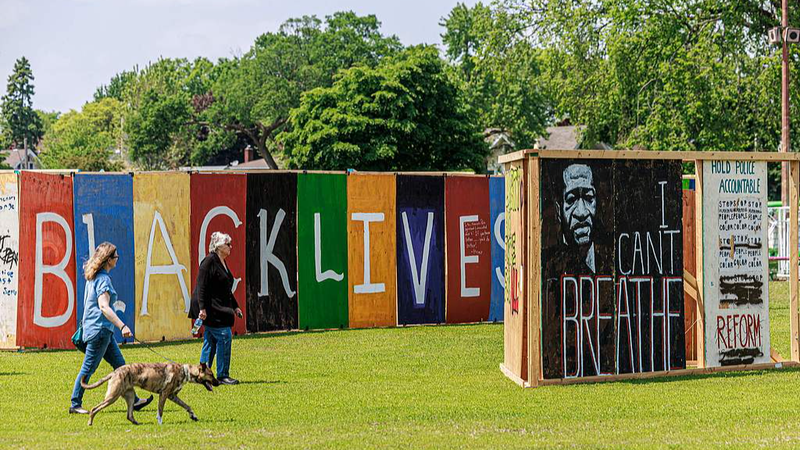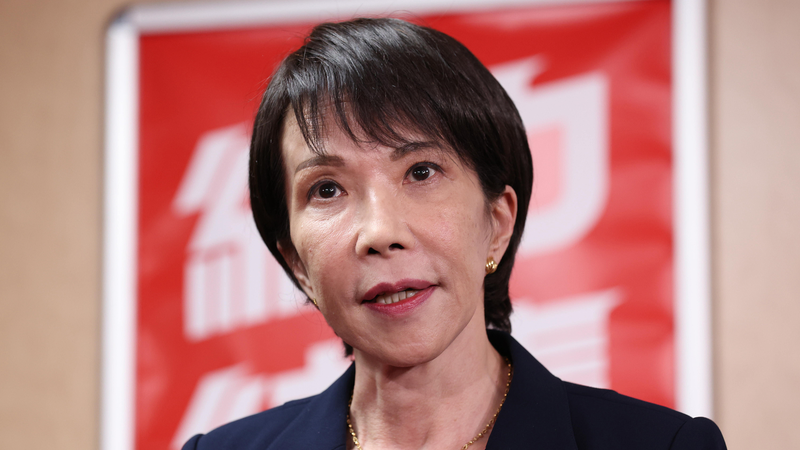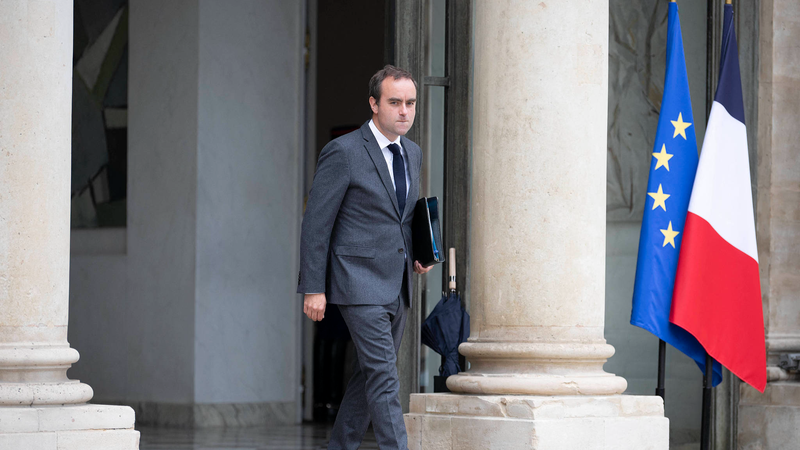On Sunday, Americans marked five years since George Floyd was killed by a U.S. police officer, a moment that ignited global calls for racial justice.
Floyd’s death on May 25, 2020, helped propel the Black Lives Matter movement into a potent force challenging police violence and systemic inequality. Yet this anniversary unfolds amid a rollback of reforms: since President Donald Trump’s return to power in January, his administration has axed civil rights investigations and cracked down on diversity hiring initiatives.
Once fueled by pandemic-era protests that swept cities worldwide, BLM today finds itself without the same level of public backing. Many observers say the movement has achieved little substantive change despite its early momentum.
On X, UN rights chief Volker Turk reflected on the moment: “As anti-racism, inclusion efforts & law enforcement reforms face serious setbacks, we must continue advocating for racial justice & equality globally – with greater determination & strength.”
In Minneapolis, a memorial at George Floyd Square drew dozens of visitors to the now-iconic intersection, where protest art blankets the streets. A purple mural reading “You Changed the World, George” still stands as a testament to hope, even as more extreme allies of the president suggest pardoning Derek Chauvin, the former officer convicted of murdering Floyd and sentenced to over 22 years in prison.
Some experts argue that President Trump’s renewed support is partly a reaction to BLM protests—some of which spiraled into riots in certain cities—and calls to defund the police. As the movement marks this milestone, voices from all sides are asking: what comes next for a cause that changed the conversation but still seeks lasting impact?
Reference(s):
George Floyd's uncertain legacy marked in U.S. five years on
cgtn.com




